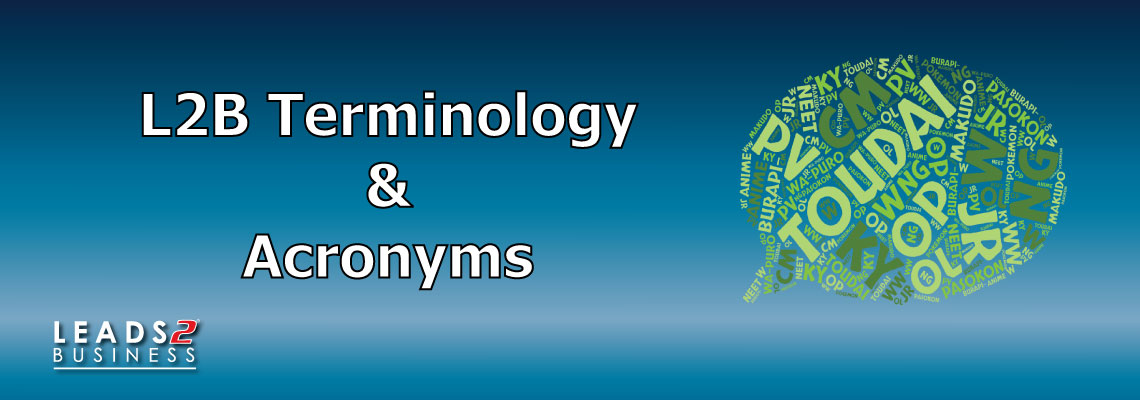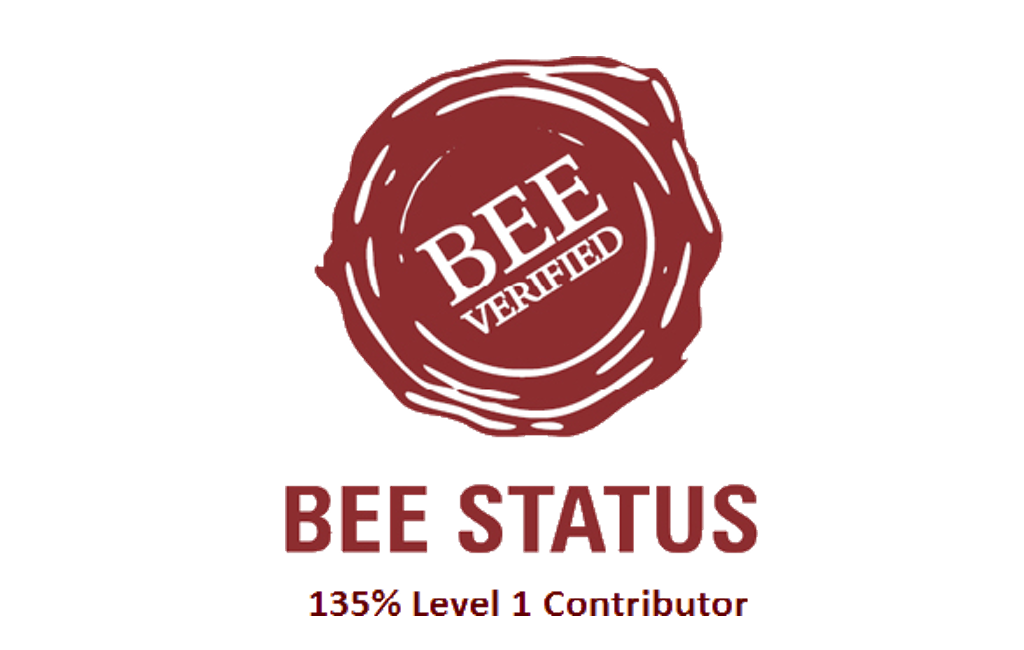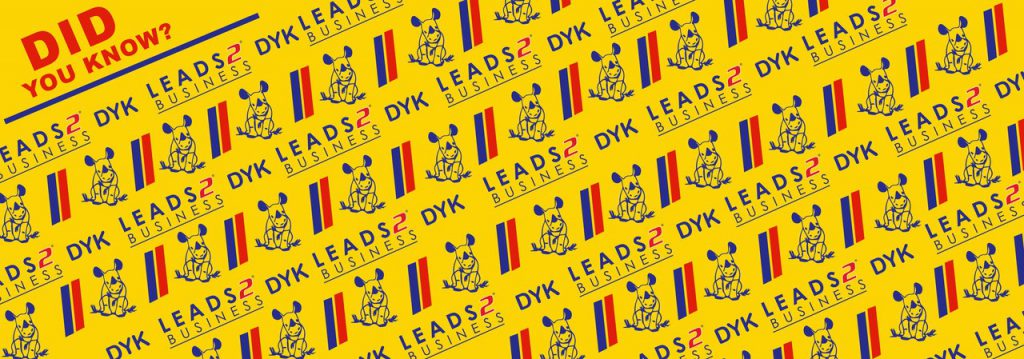
In the complex world of tenders and procurement, every action triggers a reaction, and recent developments have certainly set the stage for significant change.
The South African National Roads Agency (SANRAL) has recently made headlines with the suspension of its Chief Financial Officer and Head of Supply Chain Management. Allegedly, these suspensions are tied to concerns about the new procurement policy that the SANRAL Board introduced in May 2023. This policy brought about a noteworthy shift by placing greater emphasis on factors such as black ownership and subcontracting.
Traditionally, SANRAL used a bidder’s B-BBEE rating to assign 10 or 20 points to assess compliance with the State-Owned Enterprise’s preferential procurement requirements. Companies achieving a Level 1 B-BBEE rating, the highest and most sought-after empowerment status, were automatically granted the maximum points. However, in May, SANRAL revamped the scoring system, elevating the importance of black ownership and subcontracting. Under this new system, black ownership and subcontracting now account for five points (or 10 points in the case of an 80/20 scoring model) and four points (or eight points in the case of an 80/20 model), respectively, in tenders using the 90/10 scoring regime. This change effectively diminishes a bidder’s B-BBEE rating to just one point for a 90/10 tender (valued at over R50 million) or two points for an 80/20 tender (valued between R30,000 and R50 million). SANRAL, however, staunchly defends its new tender scoring system, citing its commitment to constitutional economic transformation and its goal to foster growth among black-owned construction companies, thereby improving their CIDB grading and advancing 100% black-owned firms within the construction industry.
The South African construction sector, which has invested billions over the past decade to enhance its empowerment profiles and engage with the government, finds itself facing unique challenges. This industry, now only 20% of its former size due to economic weaknesses, is grappling with turbulence. For instance, in July, construction firm Haw & Inglis (H&I) secured an interdict preventing SANRAL from awarding two tenders for which H&I had submitted bids. In a follow-up application, supported by WBHO and 11 other construction companies, including Raubex and Stefanutti Stocks, H&I has challenged the new scoring system on the grounds that it was implemented without proper consultation and is unconstitutional and irrational. In response, SANRAL maintains that it had the authority to modify the scoring criteria and that the list in the act was not exhaustive. Asithandile Ben-Mazwi, the Acting Head of Supply Chain Management, emphasized that it falls within the prerogative of state entities to determine criteria and their relative weights in tender documents. SANRAL asserts that its decision to abandon the previous scoring system in favor of the new one was made after careful consideration, grounded in legislative and policy considerations. Additionally, SANRAL argues that if the courts side with the construction firms, it could signify an overreach of judicial authority.
Meanwhile, on a different front, the National Treasury has presented a new Public Procurement Bill to Parliament, which opened for public comments last week. This bill seeks to revamp the preferential procurement system by allowing for the implementation of “one or more preference points systems.” It also permits certain contracts to be earmarked for designated groups to promote localization and subcontracting. Stakeholders are encouraged to submit written feedback on the bill by 11 September 2023. The bill’s summary highlights the fragmentation of public procurement regulations across various laws governing public administration in South Africa.
Sources:
Daily Maverick
IOL
News24
To view more Articles, please visit our Leads 2 Business Blog.
If you are interested in becoming one of our subscribers, please visit Leads 2 Business.
To view notes with screenshots on how to use our website, please visit Leads 2 Business Wiki.
About Debbie Wessels
I started at Leads 2 Business in April 2008 in the tenders Department and transferred to the Projects Department during the same year. I was appointed Head of Department for Projects from February 2011 to March 2022. April 2022 I started a new adventure as Content Regulator.








